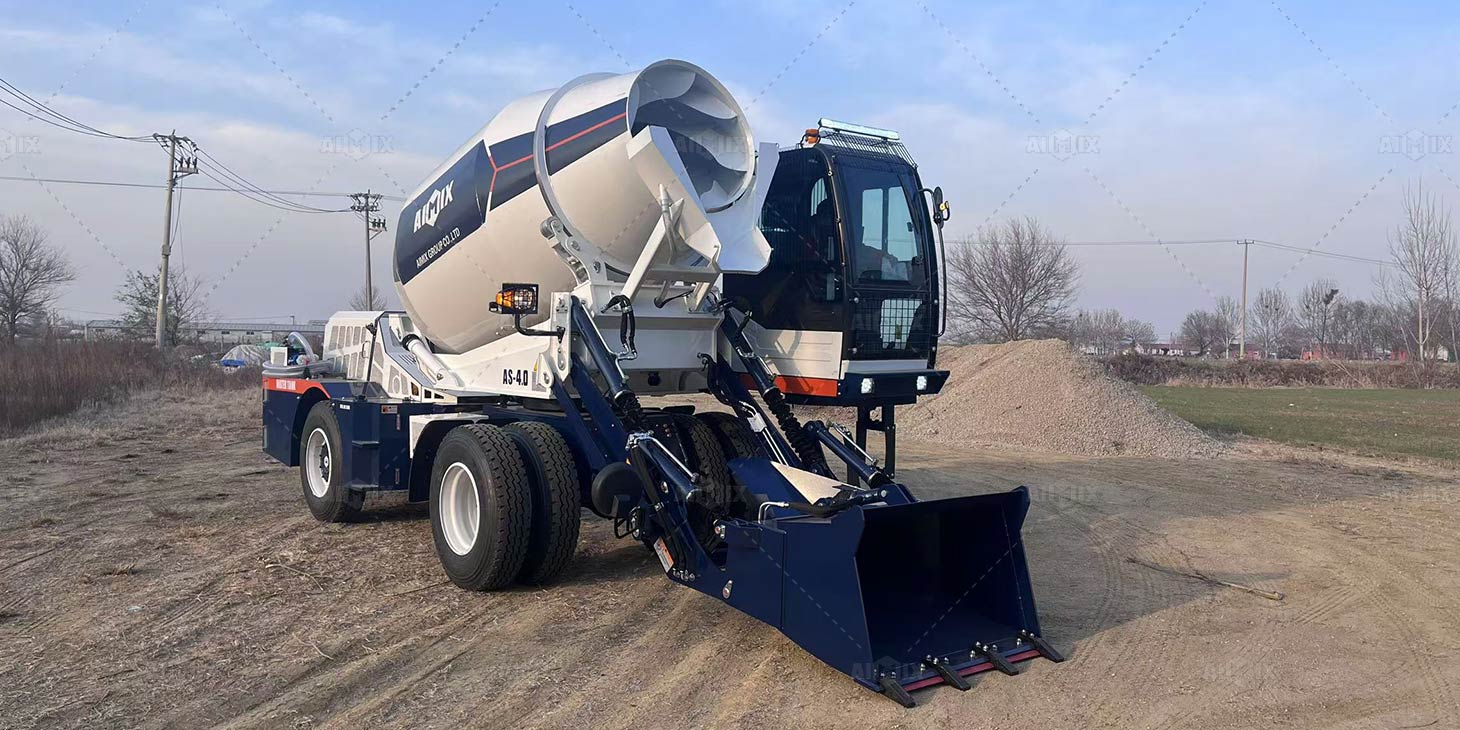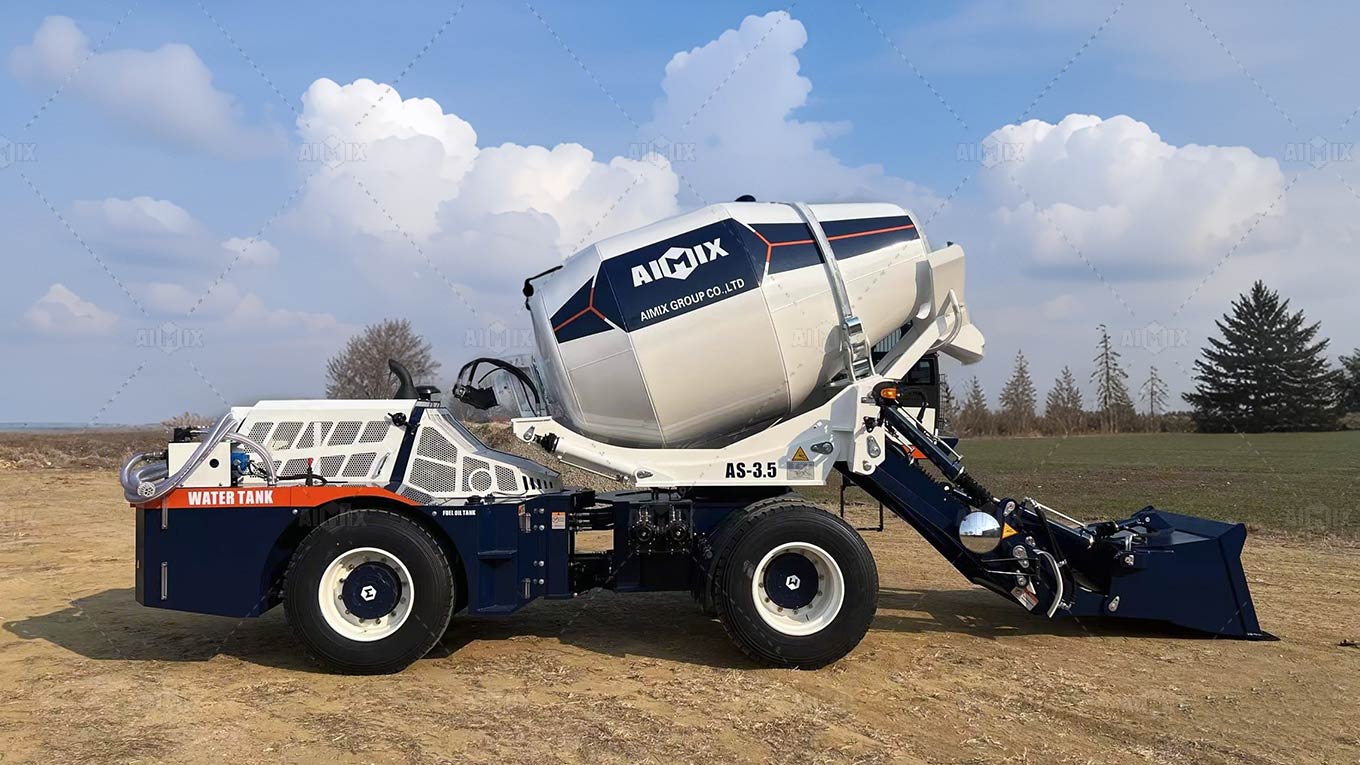In Nigeria’s bustling construction sector, where infrastructure development and housing projects are on the rise, the purchase of concrete mixers is a critical decision for contractors and builders. Yet, despite advancements in technology and the availability of various models, concrete mixer price in Nigeria remains the dominant factor influencing buying decisions. Nigerian customers exhibit distinct purchasing behaviors shaped by economic realities, market competition, and long-term value considerations. Understanding these dynamics is essential for manufacturers and suppliers aiming to succeed in this price-sensitive yet growing market.

The Nigerian Market’s Price Sensitivity
Nigerian buyers approach concrete mixer purchases with a keen eye on affordability. Unlike markets where premium features or brand reputation may take precedence, local contractors prioritize cost-effectiveness due to fluctuating economic conditions and tight project budgets. Many small and medium-sized construction firms operate with limited capital, making upfront costs a decisive factor. Even when higher-priced concrete mixers promise better durability or efficiency, the immediate financial burden often outweighs long-term benefits. This price sensitivity is further amplified by the prevalence of low-cost, often substandard alternatives that appeal to budget-conscious buyers, despite their inferior performance.
Balancing Quality and Budget Constraints
While price dominates purchasing decisions, Nigerian customers are not entirely dismissive of quality. A growing awareness of equipment reliability has led to a nuanced approach—buyers seek the best possible mixer within their financial limits. This explains the popularity of mid-range models that offer a reasonable compromise between cost and functionality. Buyers frequently compare drum capacity, engine efficiency, and maintenance costs, ensuring they get adequate performance without overspending. However, when forced to choose, many still opt for cheaper options, accepting the risk of frequent repairs or shorter lifespans. This delicate balancing act underscores the need for manufacturers to offer competitively priced yet durable solutions tailored to local demands.

The Role of Financing and Payment Flexibility
Given the high upfront cost of concrete mixers, flexible payment options significantly influence purchasing behavior. Nigerian buyers gravitate toward suppliers offering installment plans, leasing arrangements, or cooperative financing models. These alternatives make higher-quality equipment accessible to smaller contractors who lack immediate liquidity. Vendors who provide such financial accommodations often gain a competitive edge, even if their base prices are slightly higher. Additionally, the availability of after-sales service and warranty coverage can justify a premium, as buyers factor in long-term savings from reduced downtime and repair expenses.
Cultural and Psychological Factors in Purchase Decisions
Beyond pure economics, cultural attitudes toward spending and value perception shape buyer behavior. Nigerian customers often prefer tangible, immediate benefits over abstract long-term gains. A self loading concrete mixer price is lower, so that meets today’s needs is frequently favored over a costlier investment with delayed returns. Word-of-mouth recommendations and peer experiences also carry substantial weight—contractors are more likely to trust firsthand accounts of a mixer’s performance than promotional claims. This reliance on community validation means suppliers must cultivate strong local reputations through reliable products and responsive customer service.
Conclusion
For concrete mixer suppliers targeting the Nigerian market, pricing strategy cannot be an afterthought. While quality, financing options, and trust-building play crucial roles, affordability remains the linchpin of customer decision-making. Manufacturers that align their offerings with these realities—whether through cost-efficient production, flexible payment terms, or value-packed mid-tier mini concrete mixer models—will stand out in this competitive landscape. Understanding and adapting to Nigerian buyer behavior isn’t just about cutting prices; it’s about delivering perceived value that resonates with the market’s unique financial and cultural context.